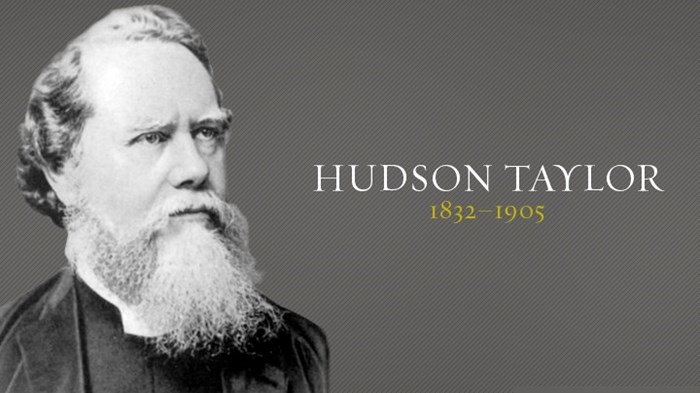In 1959 Wycliffe Bible
translators Al and Sue Graham answered God’s call to the mission field by going
to the jungles of Brazil. A thousand-mile journey up the Amazon River they
worked with the Sateré people, who were named after a gorgeous florescent
insect that hovers above the canopy of the jungle.
Because of the low self-esteem
of the Sateré, they were killing themselves off by suffocating their newborns.
When the Graham's arrived, they only numbered 1,500. On top of their
infanticide problem, the Sateré had no written language. The Grahams had their work
cut out for them; before they could begin translating the Bible, they first had
to invent a written language for the people they were trying to reach!
One verse that kept the
Graham’s going through the long, grueling process was Philippians 3:13, “Brethren,
I count not myself to have apprehended: but this one thing I do,
forgetting those things which are behind, and reaching forth unto those things
which are before…” Notice Paul’s motto of singular, laser-beam focus—this one
thing I do!

Sue Graham
During the early years of
their ministry, the Graham’s also prayed that God would help them find a way to
break through the Sateré. How could they relate the Gospel to them in a context
they could understand? A few years into the project, the Graham’s heard the
legend of the Wasidii (The original grandfather of the Sateré). The Wasidii arrived in their land as a
prisoner of unknown captors. While hidden in a cave, a “god” gave him ten rules
for living and Wasidii carved them on a canoe paddle; five positive and five
negative. The paddle still exists today and anthropologists who have examined
the paddle cannot identify the writing or the wood. These rules had then been
passed down to each generation’s chief. The legend promised that someday
someone would come and explain the writing to them.
This was the Gospel key
the Graham’s had been praying for. They were able to relate the legend of the
Wasidii to the Ten Commandments and how God had given rules to live by. However,
mankind had broken his laws and needed a Savior. When the Graham’s connected
the dots for the people, a Gospel breakthrough happened.
By 1982, the tribes no
longer killed their young and they had grown to over 5,000 with 9 flourishing
churches. The New Testament translation was finished April 20, 1986. Al
Graham went to be with the Lord in 2010, but Sue kept working diligently and on
April 20, 2017 her translation of the Old Testament was complete.
Think of the legacy statement
of this one couple. They lived out Phil 3:13 by focusing on one thing—bringing the
Bible to an unreached people group. God did the rest.
As you plan for another
year let me ask a question—do you have a long-term goal? You may not be
translating the Bible on a frontier, but what’s the one thing you are focused
on doing? All the heroes of the Bible had a single-minded focus. Noah built an
Ark. Moses led a nation. David composed songs. Jesus carried a cross. Paul
preached the Gospel. Can you say—"This one thing I do!”
If not, let’s purpose in
our hearts to fix our focus in 2020 and ask the Lord to show us what one thing
we can do for His glory. -DM
Sources
Tim LeHaye and Jerry B.
Jenkins, Perhaps Today (Carol Stream, IL: Tyndale, 2001), 126.










